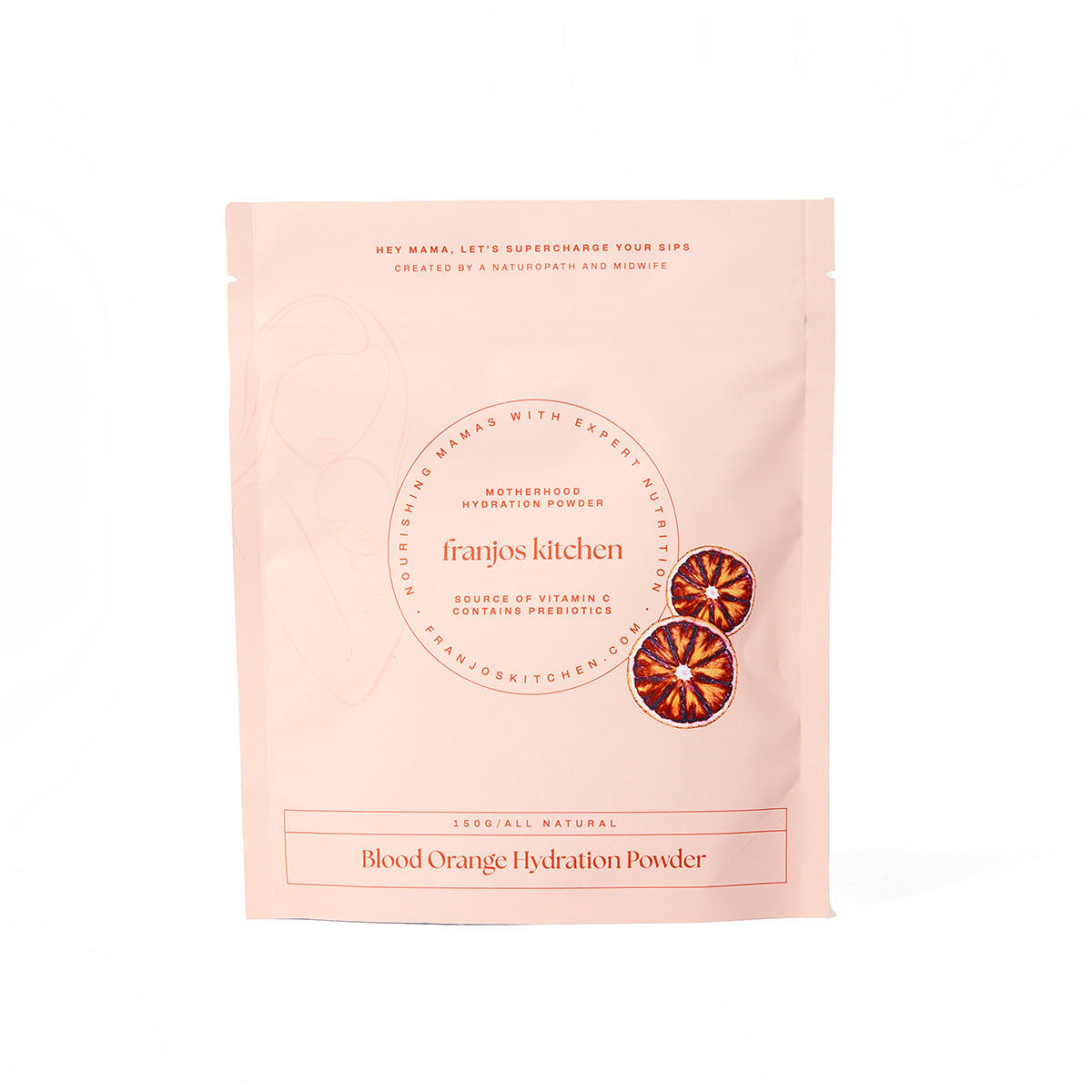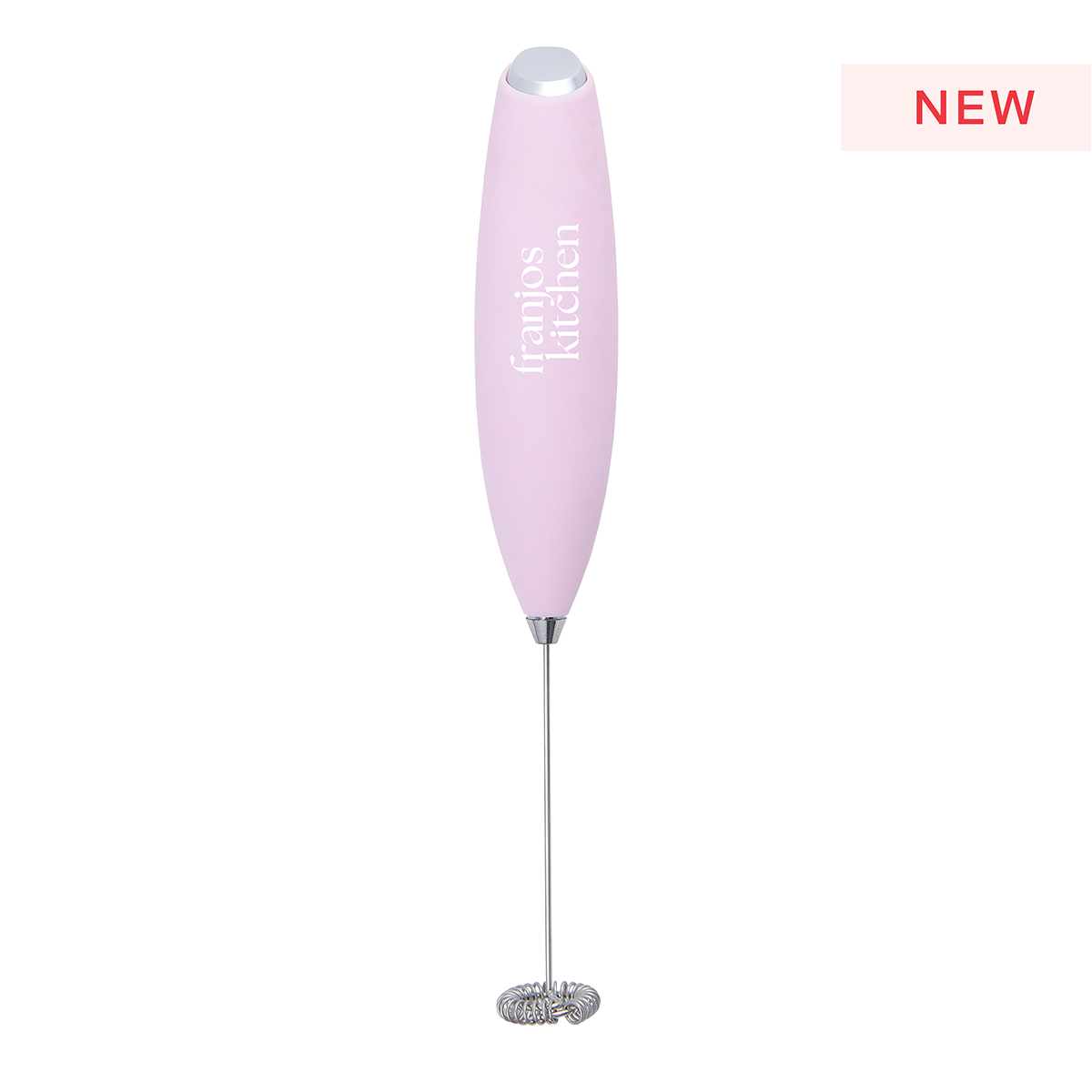Breastfeeding Stats You Need to Know
96% of children born in 2010 were started out on breastmilk. Fantastic.
Of that 96%
§ 69% were still receiving some breastmilk at 4 months of age. OK.
§ Only 39% were exclusively breastfed to 3 months. Let’s work on this…
§ 60% were still receiving some breastmilk at 6 months. Ok… good.
§ Only 15% were exclusively breastfed to 5 months. Oh no…Why?
We all know that where possible breastmilk is best for our babies. Unfortunately for some mum’s breastfeeding is simply not possible. This can be an emotionally tough time for many parents hard to accept but we all do have to realize that we all live in a very lucky country and have great milk alternatives and we all know our babies will still thrive on these. However, if there any chance we can help you with a tip or two to perhaps help your situation to either begin or prolong breastfeeding your child then brilliant!
Let’s work towards the majority of us exclusively breastfeeding to 5 months!?
Common barriers to breastfeeding
§ Poor information / communication / care during the prenatal period
o Think about post birth in your prenatal period (I wish I did!!) ask your midwife loads of questions on what happens after. What to expect with breastfeeding, sleep and how you will feel.
§ Perceived low milk supply
o If you baby is content and putting on weight, great!
§ Delayed first feed
o As soon as you can get your baby to latch on!
§ Perception of partner’s attitude
o Educate your partner during the prenatal period
§ Popular media and celebrity influences
Those first 24hrs
-
If possible ensure you have skin to skin (i.e. no washing, wiping or fully wrapping your baby) contact for at least 1 hr post birth. Try for longer if possible – a couple would be brilliant!
-
Feeding within 30min of birth, this triggers all the hormones and also connects you with baby straight away. You are a very important person to this little being!
-
Staying with your child in the same place as birth for at least the first 24hrs.
-
No pacifier or supplementary feeds offered – this may confuse your little one. It takes time to teach your baby to latch on and how to feed. This is the only thing she needs to learn right now.
-
Surround yourself with positive influences. You need continual support, encouragement and assistance.
What might inhibit the milk ejection reflex and supply
-
Anxiety
-
Pain
-
Fear
-
Damage to nerve from breast surgery
-
Improper latch
-
More than 4 hours between feeds (on this note - be careful if your baby sleeps through the night. Sleep is amazing of course but you should still get up every 3-4 hours and express your milk to keep your supply going).
-
Hormone imbalances (thyroid, oestrogen and progersterone, insulin)
-
High birthing intervention, premature labour, stressful birth
-
Dehydration
-
Obesity
-
Alcohol and cigarettes
If your baby is getting enough milk they will
-
Be content for 2 hours post feeding (hopefully!)
-
Pass clear dilute urine 5-6 times a day
-
Pass bright yellow watery stools 6-8 times a day
-
Regain their birth weight by 2 weeks
-
Demand feed day and night
Benefits of the boob
-
Protection against ear infections
-
Protection against chest infections and wheezing
-
Reduce diabetes risk
-
Protection against diarrhea and tummy upsets
-
Less smelly nappies
-
Helps with mouth formation
-
Less eczema
-
Stronger bones in later life
-
Lowers risk of early breast cancer for mum
-
Reduced risk of obsiety, alzheimers, CVD, SIDS and the list continues
Happy Feeding!
Jo xx
Shop our breastfeeding range HERE



